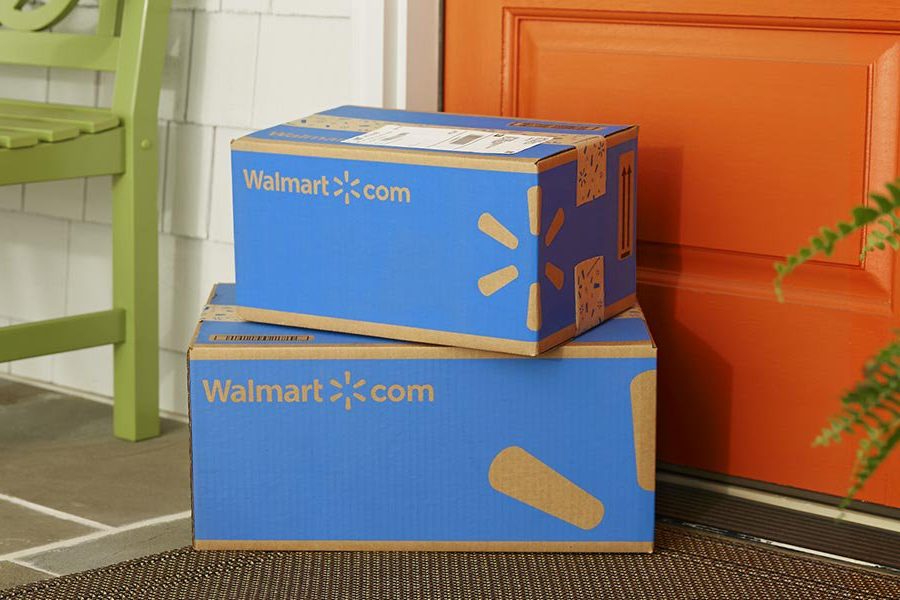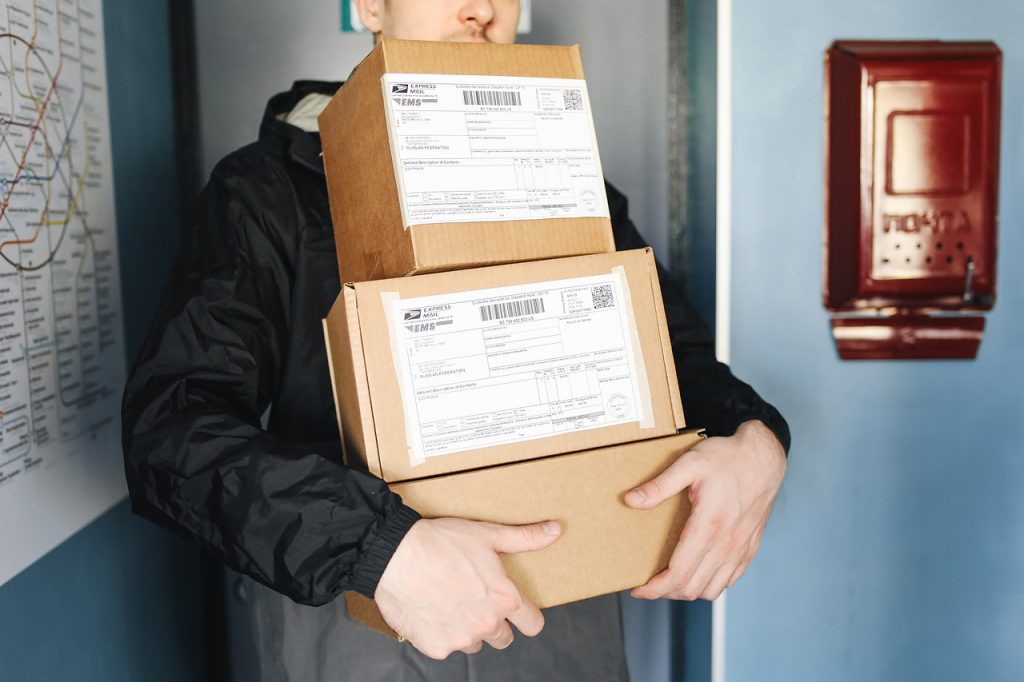The Phrase “Free Shipping” Disguises What You Are Really Paying
Free might not really mean free when it comes to free shipping.
This article is more than 2 years old

In the United States, something labeled as free is never quite what it seems. Many companies, such as Amazon, attract consumers based on the promise that the shipping cost will be minimal or non-existent. But according to a few different transportation services, free shipping is more or less a lie.
It’s not that the consumer is paying for the transportation cost, but that an item labeled as having “free shipping” means somebody in the consumerism chain is paying instead. The price for free shipping often falls on the business that one buys an item from. Smaller companies, that don’t bring in profits like Amazon, have to pay for high shipping costs when applicable, obfuscating the meaning of the free-shipping promise.
Shipping and transportation is a crucial business in the United States and the world at large. A total of 131 billion packages were sent worldwide in 2020, and that number is projected to increase exponentially in the next five years. By 2026, packages are expected to double to 262 billion per year. More packages mean more costs invested in the labor of transportation, which adds up for a business providing free shipping incentives.
Dhruv Saxena, the co-founder of logistics company ShipBob, elaborated on the increasing shipping price. He stated that any business can incentivize customers with free shipping, but that the specific business often takes the responsibility of “providing that service.” Equipping a purchase with free shipping is no chump change for smaller enterprises. Saxena estimated that two-day free shipping for the average company could be anywhere between $25 to $35, which significantly adds up with the new package demand.

For large companies, a postal discount may be provided on bulk packages. This already puts a disadvantage on smaller businesses, which are crunched by fulfilling the free-shipping part of the financial bargain. Big corporations like Walmart and Amazon can establish an agreement with the US Postal Service, which allows them to receive massive discounts based on the numerous packages they send out. This type of exchange allows highly profitable companies to accompany packages with free shipping without further financial issues.
Though it’s implied that this particular exchange exists, the US Postal Service couldn’t comment on the bulk discounts companies like Amazon or Walmart receive. The department stated that this relationship does not officially exist but that companies can put “an agreement in place with negotiated rates.” The US Postal Service’s nebulous response is because of a federal regulation prohibiting the acknowledgment of a discount agreement. Other companies like FedEx also did not comment on these free-shipping establishments.
Large corporations like Amazon threaten the small businesses ecosystem in America. While Amazon can front the free shipping cost and is likely receiving massive discounts for their bulk shipments, smaller enterprises don’t have the funds to cover transportation expenses consistently. According to a 2019 survey, two-thirds of American retailers agreed that Amazon could push them out of business. Amazon’s continual domination over the national market, which packs every industry into one website, jeopardizes small companies that do not have the same popularity or funds to compete.






